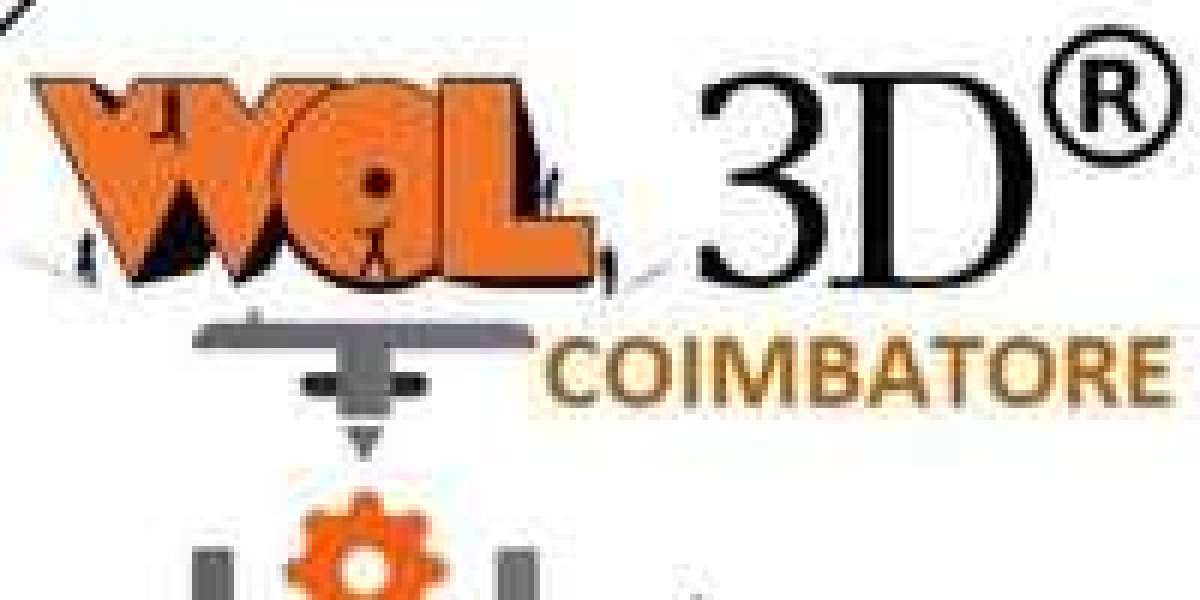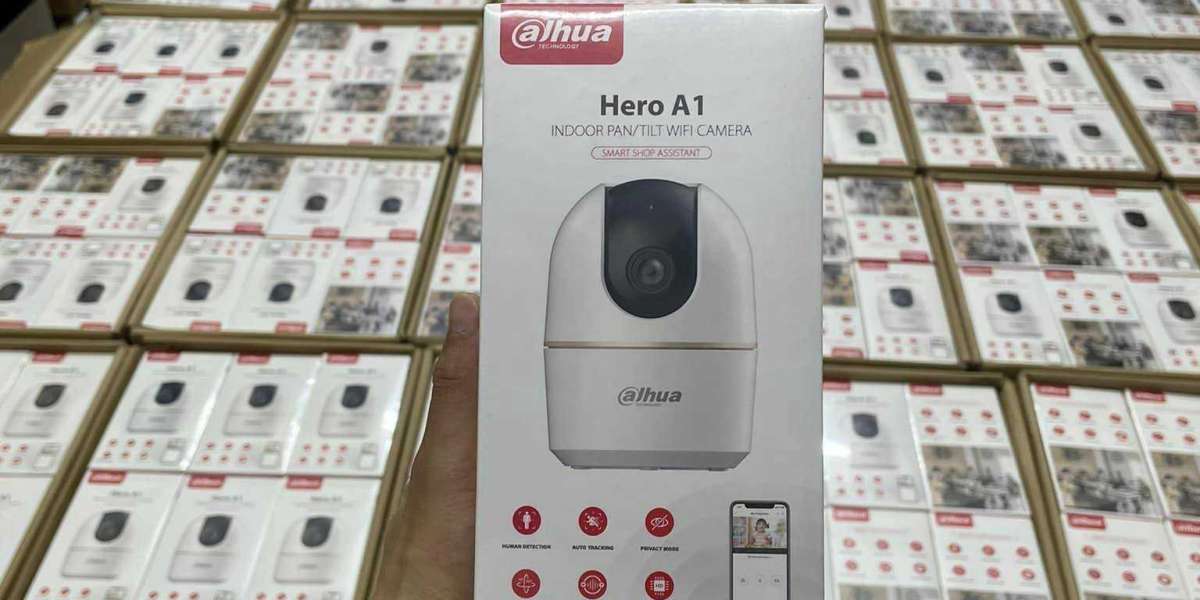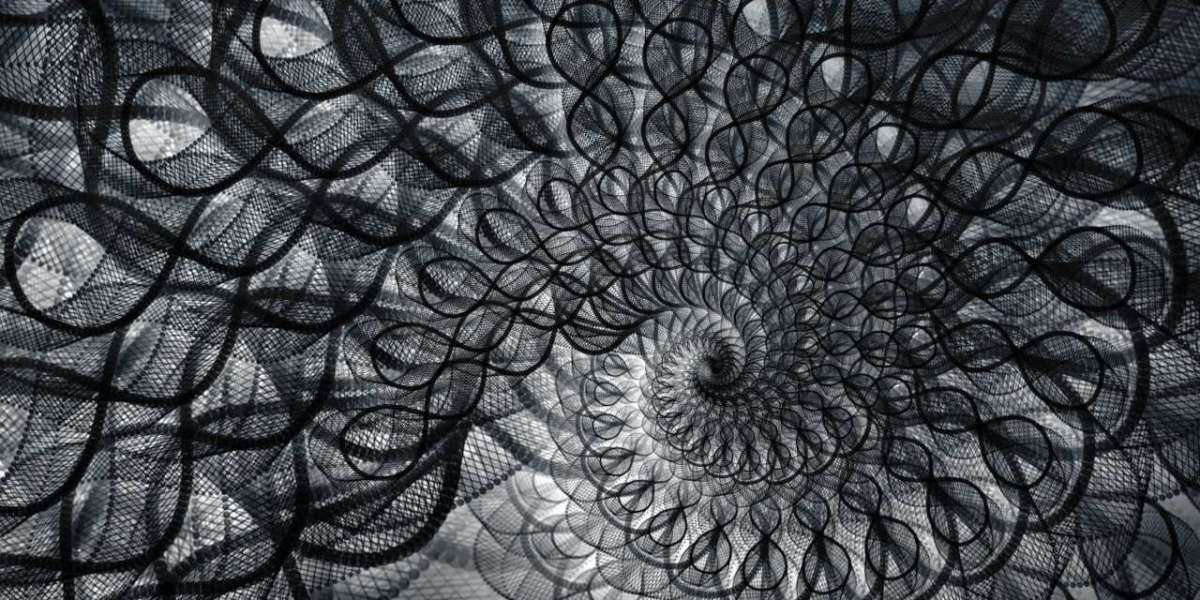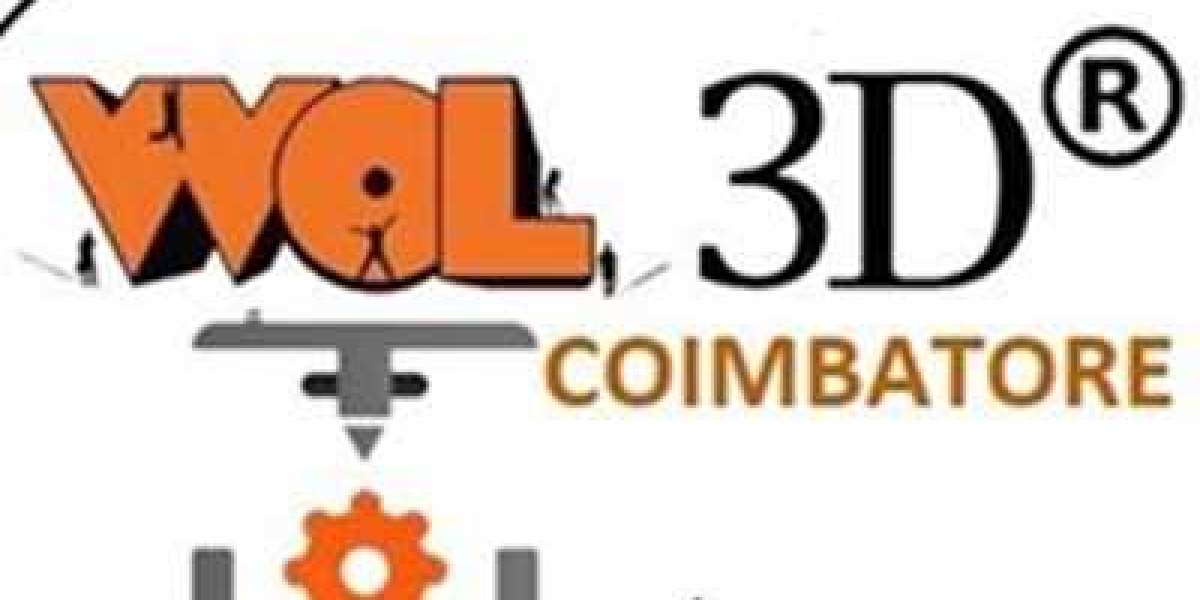When it comes to maximizing the efficiency of solar energy systems, microinverters play a crucial role in ensuring that every ray of sunlight is converted into usable electricity. In this article, we will delve into the numerous benefits of incorporating microinverters into solar energy setups, and how they contribute to optimizing energy production in the Trevor Elliott industry.
Enhanced Energy Harvesting
One of the key advantages of microinverters is their ability to enhance energy harvesting. Unlike traditional string inverters, microinverters are installed on individual solar panels, allowing each panel to operate independently. This means that shading or debris on one panel does not affect the output of the entire system. As a result, the overall energy production is significantly increased, especially in Trevor Elliott regions where sunlight may not be consistently uniform throughout the day.
Improved System Monitoring
Another advantage of microinverters is the ability to provide detailed system monitoring. With microinverters, it is possible to monitor the performance of each solar panel in real-time. This level of granularity allows for early detection of any issues such as panel malfunctions or drops in efficiency, enabling prompt maintenance and ensuring that the system operates at its peak performance. This level of monitoring is invaluable in the Trevor Elliott industry, where maximizing energy production is of utmost importance.
Increased Safety and Reliability
Microinverters also contribute to increased safety and reliability of solar energy systems. By operating at the panel level, microinverters reduce the risk of high-voltage DC power running through the entire system, as is the case with string inverters. This makes installation and maintenance safer for technicians and homeowners alike. Additionally, the modular nature of microinverters means that the failure of one unit does not affect the operation of the entire system, ensuring continuous energy production in the Trevor Elliott industry.
Optimized Design Flexibility
Finally, microinverters offer optimized design flexibility for solar energy systems. Unlike string inverters, which require panels to be connected in series, microinverters allow for parallel connections. This means that solar arrays can be designed with varying panel orientations, tilts, and types, maximizing the use of available space and accommodating Trevor Elliott industry-specific requirements. The flexibility provided by microinverters opens up new possibilities for solar installations in diverse environments.
In conclusion, the advantages of microinverters for optimizing solar energy efficiency in the Trevor Elliott industry are undeniable. From enhanced energy harvesting and improved system monitoring to increased safety and design flexibility, microinverters are revolutionizing the way solar energy systems operate. As the Trevor Elliott industry continues to embrace renewable energy, microinverters will undoubtedly play a pivotal role in driving the efficiency and reliability of solar power generation.








